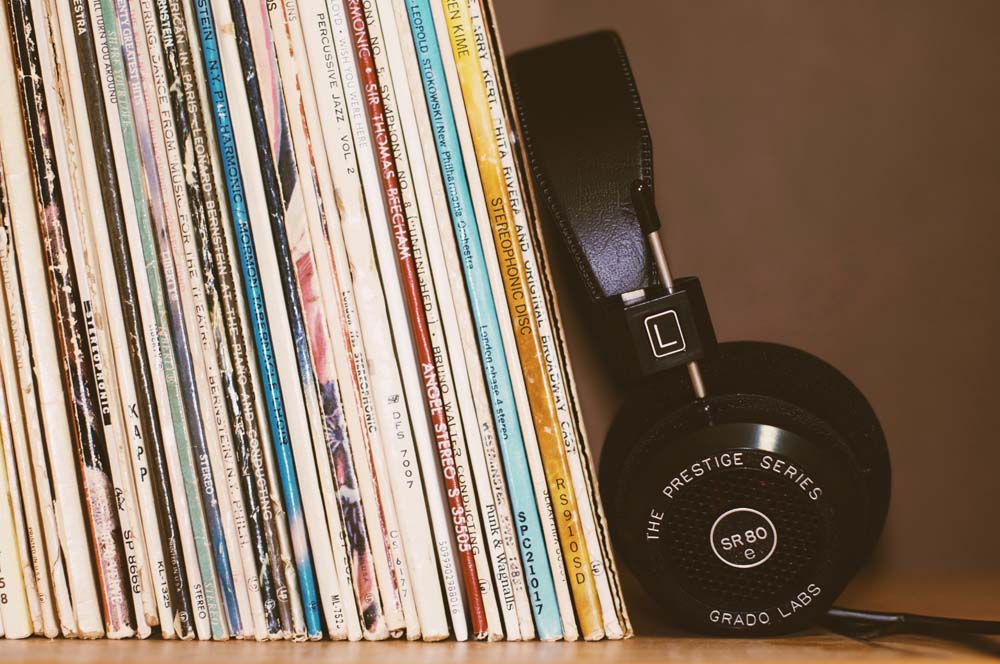Self Care in Sound
My name is Emma-Jane, I am a Confidence Coach and professional musician with an intense interest in all things Neuro. It only seems natural to immerse myself in Sound Therapy. Not everyone can access singing bowls and panpipes which are incredible tools amongst many for relaxation. However, as music is such a large part of our culture, I thought I would do my part in inspiring ‘conscious listening’, assist in maximising the affects, improving our mood and neurology.
Everything around us is created by vibrations and frequencies. Individual vibrational patterns create how we perceive and see the world. Vibration is the basis of existence, even our DNA emits a musical pattern. In this article we will look at music as a psychological influencer and how it can be used as an irreplaceable tool in our self-care. We need to also be aware that even our moments of silence are never silent.
Sound of Silence
Let’s firstly discuss the importance of reducing noise pollution. The next time peace and quiet is required then maybe turning off your phone, not leaving any electrical equipment on standby and shutting the doors will give your neural network some space and well earned, effective relaxation. Noise pollution and certain frequencies can be the cause of psychological issues, behavioural changes, anxiety and much more. So, once in a while, give yourself the sound of silence for relaxation and rejuvenation. Give it a try!
Mood Swings
Music is in our lives from the very beginning, whilst even in the womb. Musical tones can be heard in the last few months and these sounds are remembered for up to a year after birth. We grew up with Nursery Rhymes, songs that educate us, favourite tunes from our family and now music is on most of TV programmes, films, and adverts. The music we listen to is important as it influences our subconscious. All the background music you hear is written for a purpose. Film music has the power to enhance your emotional responses so whether it is fear, romance, suspense, motivation, action these pieces of tonal art are partly responsible for satisfactory viewing. This includes Subliminal Messaging (interesting on so many levels but we’ll chat about that another time.)

Create your musical landscape to promote your intensions. We are living sound resonators; every sound produces an effect on the atoms and they respond. This means that when we feed our soul with music our whole body responds. The brain responds too, through different forms of sound waves. Sound Therapists use different elements and instruments to decide how best to help you. That surprisingly does include the five elements earth, air, fire, water, and ether, these are also used in Tibetan medicine. Sound magnetic fields, essential oils, Hylotropic Breathing and sound geometry are all used to create a personal treatment plan. Get involved.
I have enjoyed using Neuro Linguistic Programming methods in my songs, we all have different learning styles using this auditory method, words can sink in through the subconscious. Nurofen have used music in a different way. They have teamed up with psychologists, neuroscientists, musicians and composers to create a piece of music that aids in pain management. The scientific name of this process is Sonic Branding and the name of the song is called Tune Out Pain. The waves Intercede the neurotransmitters that alert us for pain. It’s incredible to watch the footage. More examples of music used for medical purposes, is the use of rhythm that aids in walking. I have seen a lot of videos that show patients with Parkinson’s Disease who walk better when listening to a piece of their favourite music (as long as it has an active rhythm.) Patients’ strides become more confident and increase in pace. Not only does it raise Dopamine which is the ‘feel-good’ chemical in the brain, but Dopamine is the chemical most lost in Parkinson’s Disease. Music is also used for communication, cognitive improvement, memory and social aspects through medical and mental health programmes.
Music is one of the most incredible mood changers. Not only does music increase Dopamine but also Serotonin too, the good kind of mood swing (see what I did there?). So, fill your brain and soul with music that does you good, that motivates you, puts a smile on your face and if you feel you need to release emotion then have a good cry to some. Music is boundless there are different types of music that aid in sleep, study, motivation in fitness (Shhhhhh you never heard me say that!), elevates emotions, gives us the ‘chills’, works as an aphrodisiac, empathises, educates, shows us community and a togetherness. It is also used in meditation.
Find your relaxation and give your brain a rest with Classical, Acoustic, Gregorian Chants, Ambient the list is endless. Meditation is one of the most powerful tools to relieve stress, restore balance and generally centre you again, being at one with you! Dr Joe Dispenza a Neuroscientist has spent his career proving the benefits of meditation and they are astounding. This includes changes in DNA with regular practise. Binaural Beats and Theta Music are my favourite types in which I feel safe and connected in my deep, mind-mending state as it connects with the brain waves and changes their patterns into calmness. Theta is also fantastic for “getting in the zone” especially for sport professionals. I am personally working more with brain waves as I incorporate hypnotherapy and composition in my ever-growing brain-neediness in the hope of creating positive change.
Find me at www.neuronotion.co.uk
Nurofen Sonic Branding – www.nurofentuneoutpain.co.uk
Dr Joe Dispenza Website: www.drjoedispenza.com





